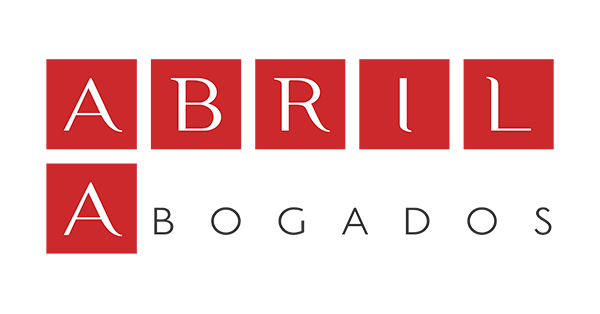The OECD (Organization for Economic Co-operation and Development) and EUIPO have joined forces to conduct a new study on counterfeiting, which, once again, yields chilling data (the study here).
More than half of total value of the counterfeits seized around the world are shipped by sea. This is due to the logistical facilities offered by this type of transport, which counterfeiters also take advantage of to distribute fake goods easily and worldwide. In addition, the volumes of freight that this transport offers, compensate the risk of losses due to possible seizures. Counterfeiters certainly do not give up alternative means of transport or systems such as small shipments, but maritime shipping appears to be the most important in terms of cargo volumes and value.
The study is based on data on counterfeit seizures collected by different customs authorities (including the World Customs Organization). In terms of origins, Asia continues as leader, with China, Hong Kong, Singapore, and the United Arab Emirates, with Germany, the Netherlands and the United Kingdom being the main routes of entry into the EU. If we look at the types of articles, the study shows that more than 70% of the seized fake perfumes, cosmetics, food, footwear and toys have been shipped in containers by sea.
It cannot be overlooked that customs officials are often pressured by the need to streamline control processes to avoid a delay in trade flows, in order to ensure compliance with the different laws in order to block attempts at illegal imports and/or exports. In addition to the fact that counterfeiting continues to be seen as a minor offense, which lead to put the attention (and resources) towards illicit activities of greater social significance.
In view of the above, the message that transcends the study is clear: greater involvement of all those who participate in the chain to take down with this unfortunate phenomenon and prevent the mafias from taking advantage of the weaknesses of the system. As far as government authorities are concerned, allocating greater economic resources for the development and implementation of technological measures that provide custom’s officials with more efficient and quick tools. Shipping companies, improving their cargo control protocols. The right holders, sharing information and strengthening the ties of collaboration with the different operators. And to the general population, become aware of the very serious problem that we face with counterfeits, which the health crisis caused by Covid has allowed us to appreciate more closely due to the boom of counterfeits of health products and medicines.

